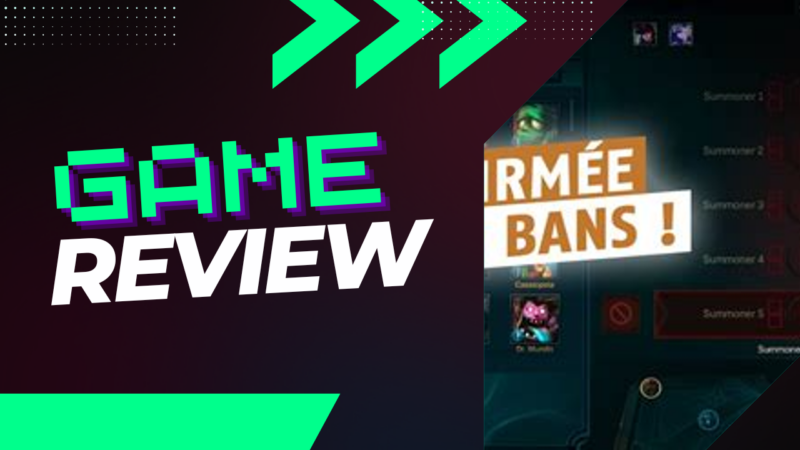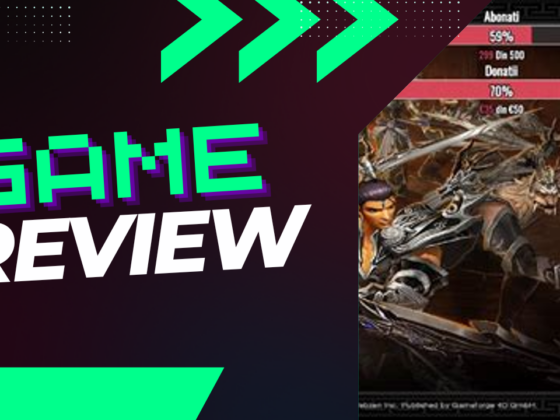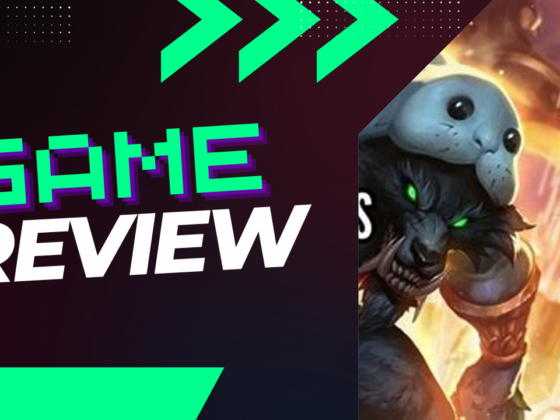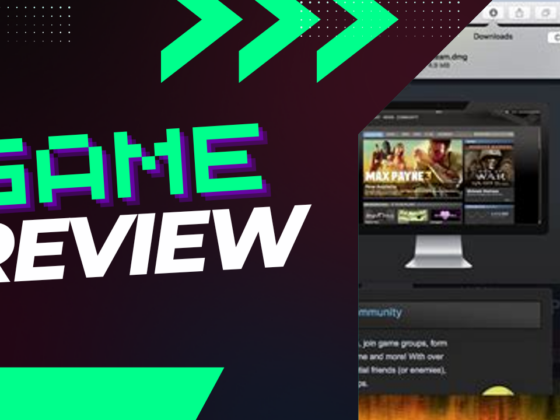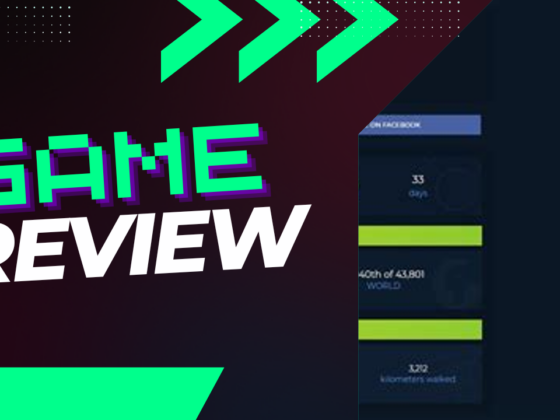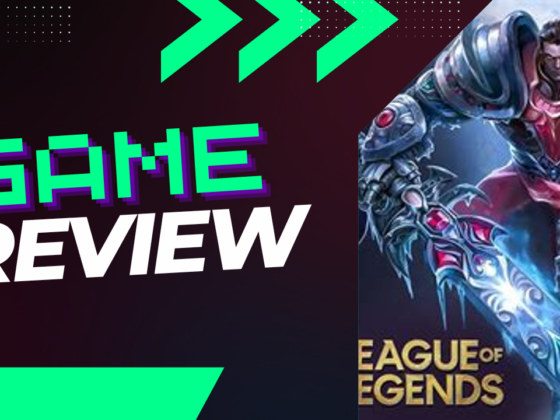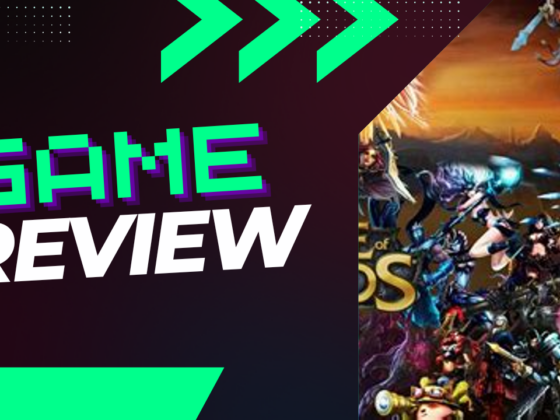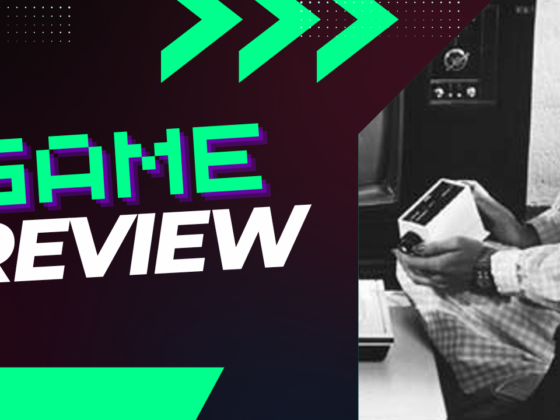What happens when your antics in the Summoner’s Rift catch up with you? Just like a mischievous child caught red-handed with their hand in the cookie jar, players in League of Legends face a series of escalating consequences for their behavior. The duration of a ban is not just a number; it’s a reflection of a player’s journey through the game’s ecosystem, shaped by choices and interactions. As we dive into the mechanics behind these bans, you’ll discover the nuances of what it truly means to play by the rules and how to navigate the slippery slopes of in-game conduct.
Understanding the Duration of League of Legends Bans
When it comes to punishments in League of Legends, the duration and severity of bans correlate directly with the number of offenses committed by a player. Below is a breakdown of the consequences based on these offenses:
- First Offense: 3-Day Chat Restriction.
- Second Offense: 7-Day Chat Restriction.
- Third Offense: 14-Day Ban.
- Fourth Offense: Permanent Ban.
Riot Games emphasizes the importance of maintaining a positive gaming environment. Therefore, they utilize a feature that allows players to report unsportsmanlike behavior they encounter during their gaming sessions.
The Reporting Mechanism
Players can report others during champion selection, in-game, or after matches through the post-game screen. The process is initiated by clicking on an exclamation mark icon next to the player’s name. This action reveals a reporting form where players can provide specifics of the misconduct observed. Additionally, players can modify their report up until the match concludes by selecting various categories related to the behavior.
When assessing penalties, the reporting system evaluates both the number and the quality of reports. Reports from champion select are primarily utilized for gathering data on disruptive behaviors rather than being tied directly to the penalty system.
Types of Reportable Offenses
- Negative Attitude: This includes instances of griefing, giving up, disparaging other players, or exhibiting a pessimistic outlook on the game.
- Verbal Abuse: This encompasses any aggressive or harmful language that might be unlawful, threatening, abusive, or otherwise inappropriate.
- Leaving the Game/AFK: Actions such as disconnecting before a match concludes, standing idle for extended periods, or refusing to engage in gameplay.
- Intentional Feeding: This refers to the deliberate act of dying repeatedly to give the opposing team an advantage, distinguishing it from simply having a poor performance.
- Hate Speech: Any expressions of racism, sexism, homophobia, or similar forms of discrimination.
- Cheating: Involves using unauthorized third-party applications to gain an unfair advantage.
- Inappropriate Summoner Names: Names that inaccurately suggest an affiliation with Riot Games, contain personal information, or are deemed offensive or objectionable.
- Refusing to Play Position: This occurs during champion selection when a player does not adhere to the assigned role without prior agreement.
- Griefing/Hostage Taking: This covers threats made during champion select or gameplay that express intentions to hinder teammates unless certain conditions are met.
- Other: Any miscellaneous negative conduct not classified by the previous categories.
Grounds for Punishment
The terms of use specify several behaviors warranting penalization:
- Impersonating any individual or entity, including Riot Games personnel.
- Sharing personal information about oneself or others within the game or on its website.
- Harassment or stalking of other players during gameplay.
- Modifying or concealing copyright notices associated with Riot Games.
- Conveying content identified as offensive or inappropriate by Riot Games.
- Facilitating the distribution of harmful or disruptive content such as viruses or bots.
- Engaging in spamming, either for personal gain or to disrupt conversations.
- Partaking in fraudulent acts, scams, or social engineering to deceive other players.
- Using unauthorized third-party applications that interface with the game unfairly.
- Accessing unauthorized game areas or servers.
- Choosing a Summoner name that misleads or offends the community.
- Logging out during live gameplay, which may lead to temporary restrictions of increasing lengths.
- Playing on another individual’s account to artificially enhance rankings.
- Encouraging others to breach the code of conduct.
Consequences of Negative Behavior
Instant Feedback Report
Players determined to be negatively affecting the gaming experience receive immediate consequences, typically within 15 minutes after the match concludes, accompanied by a reform card. Players who lodged the report are also informed if disciplinary action was taken against the offending player.
The penalty system generally proceeds as follows:
- First Offense results in a 3-Day Chat Restriction.
- Second Offense leads to a 7-Day Chat Restriction.
- Third Offense incurs a 14-Day Ban.
- Fourth Offense invokes a Permanent Ban.
Chat restrictions limit the number of messages a player can send during matches, although communication through pings, emotes, private messages, or voice chat remains possible. Notably, serious misconduct may lead to an immediate two-week suspension or even a permanent ban regardless of prior chat restrictions. Players who demonstrate consistent positive behavior can repair their account’s standing over time.
Addressing Inappropriate Summoner Names
If a player selects a Summoner name inaccurately representing their association with Riot Games or which contains offensive content, they will be mandated to change it at no extra cost within Riot-regulated regions. Persistent reports after name adjustments may result in penalties affecting gameplay or honor levels.
Restrictions on Honor and Hextech Crafting
Recent negative actions can lead to players being barred from obtaining hextech chests and keys and from participating in the Honor system until they demonstrate reform and make progress toward positive gameplay. If a player’s Honor level falls below level 2 at the end of a ranked season, they will forfeit rewards designated for that season.
The duration of loot restrictions depends on:
- The severity of the penalty: Players will not earn loot for the duration of their penalties, be they chat restrictions or suspensions.
- Evidence of reform: Following the end of penalties, players will remain ineligible for earning loot until they exhibit considerable improvement in sportsmanship.
The degree of Honor level reduction is determined by the penalty severity:
- 14-day suspensions: Drop the player down to Honor level 0, effectively locking their progress and disqualifying them from hextech crafting rewards.
- Chat restrictions: Reduce Honor levels to 1 or 0 if already at level 1, with progress being locked as well.
After the penalty concludes, players enter a period of reform wherein they cannot earn Hextech Chests and Keys, and Honor progress remains locked. Concluding this reform phase necessitates sustained positive behavior; progress isn’t measured by a specific number of games or a set timeline but is reliant on consistent conduct. Players will be notified once their Honor status is reinstated, allowing them to begin earning Hextech rewards once more.

